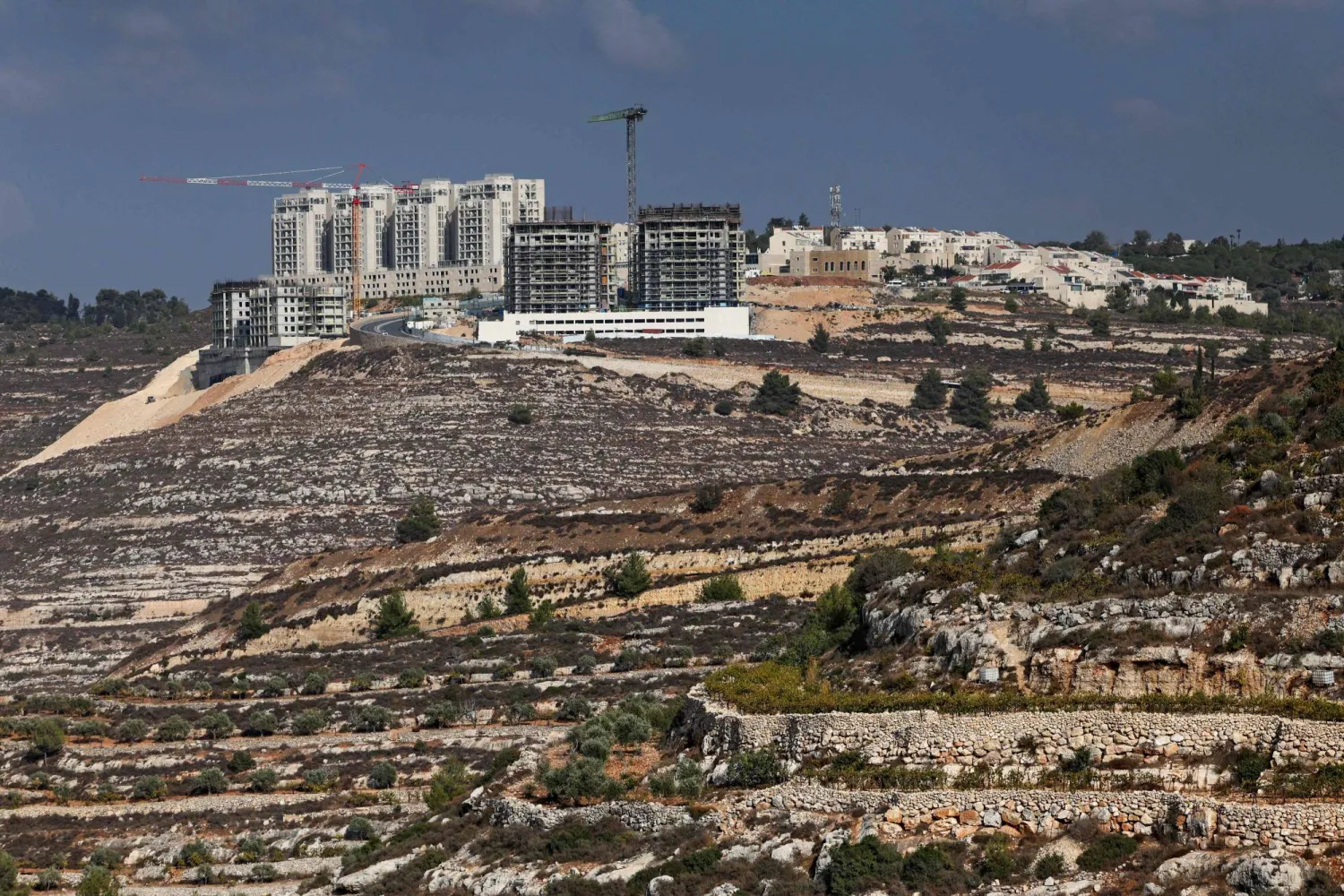The unofficial results of Kuwait’s parliamentary elections, which were announced in the early hours of Friday, showed that the Change movement had swept the National Assembly, by winning more than half of the 50 parliamentary seats.
The voter turnout reached around 50 percent across the country, while the fifth electoral constituency saw a higher turnout.
Two women won in Friday’s elections, namely, Alia al-Khaled (second district) and former Minister Jenan Boushehri (third district).
There was high optimism following a speech by the Kuwaiti crown prince, who called for change and pledged to prevent the government from interfering with the voting process or choosing a speaker for the National Assembly.
This comes after nearly two years of conflict between the previous parliament and successive governments.
The government has adopted a set of measures to prevent vote buying and limit the influence of tribes, by fighting by-elections, as well as registering voters based on the civil ID.
Deputies representing the Islamic Constitutional Movement - Hadas (Muslim Brotherhood) succeeded in reaching the assembly. Those included: Osama Issa Al-Shaheen (first constituency), Hamad Muhammad Al-Matar (second district), and Abdulaziz Al-Saqabi (third constituency).
The Salafist movement achieved a remarkable presence with the return of MP Muhammad Hayef to the Council after his loss in the previous session, along with the victory of Adel Al-Damkhi, Fahd Al-Masoud and Hamad Al-Obeid.
The entire Bloc of Five, consisting of Hassan Gohar, Abdullah Al-Mudhaf, Badr Al-Mulla, Muhalhal Al-Mudhaf, and Muhannad Al-Sayer, also won with a high number of votes in their constituencies.
About nine Shiite deputies, distributed in various electoral districts and political blocs, won in the elections, including two independents, Osama Al-Zayd and Jenan Boushehri.
Former National Assembly Speaker Ahmed Al-Saadoun achieved a landslide victory, obtaining more than 12,200 votes in the third constituency - the highest percentage in the country.
Al-Saadoun, 87, is a veteran parliamentarian who has been a member of the National Assembly since 1975. He has won all the elections organized in Kuwait since that year.
Kuwait consists of five constituencies, each with ten representatives. The number of eligible voters is about 796,000.









